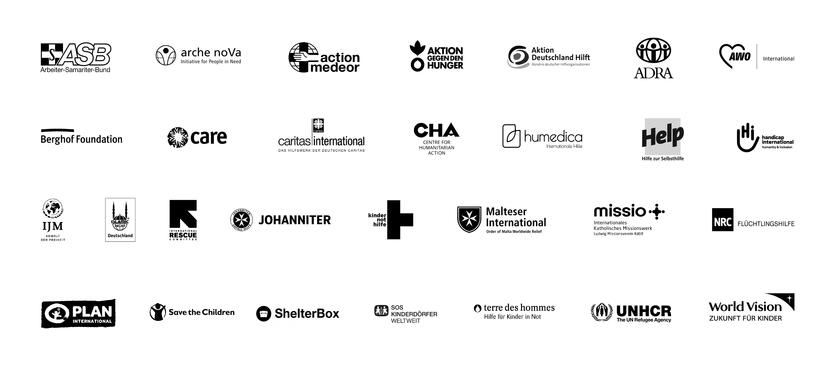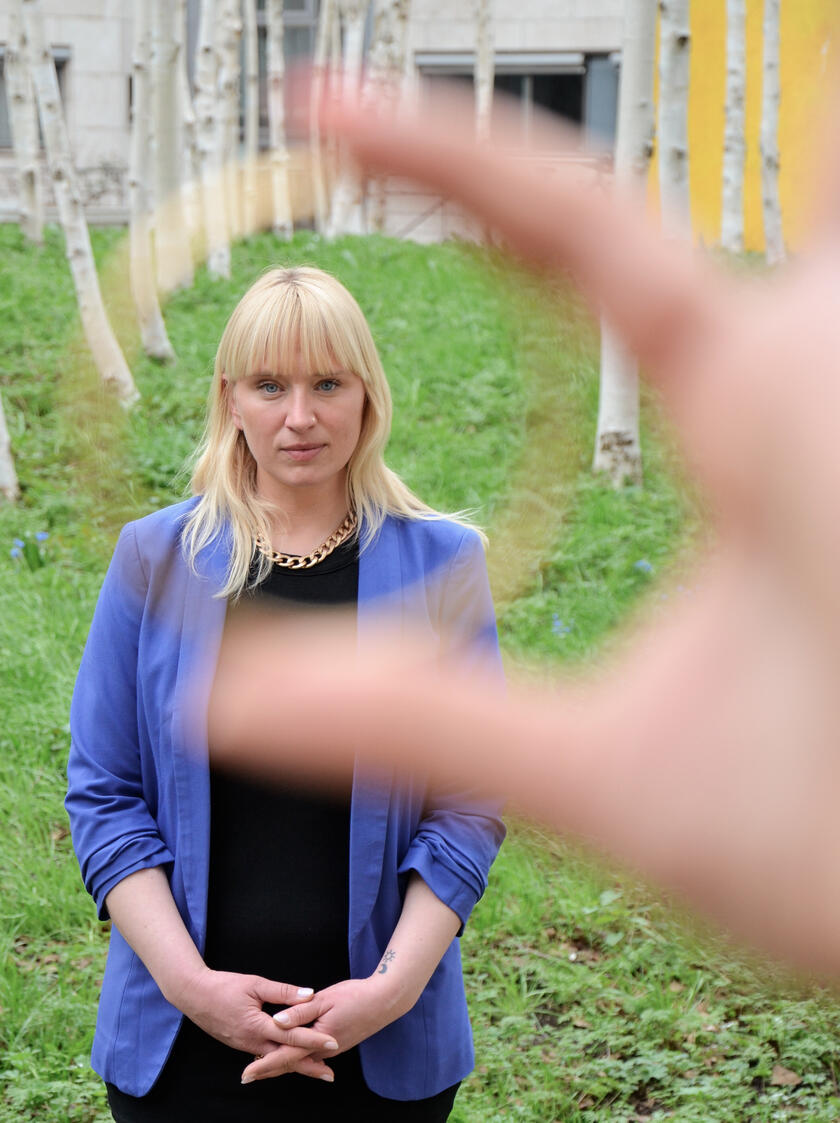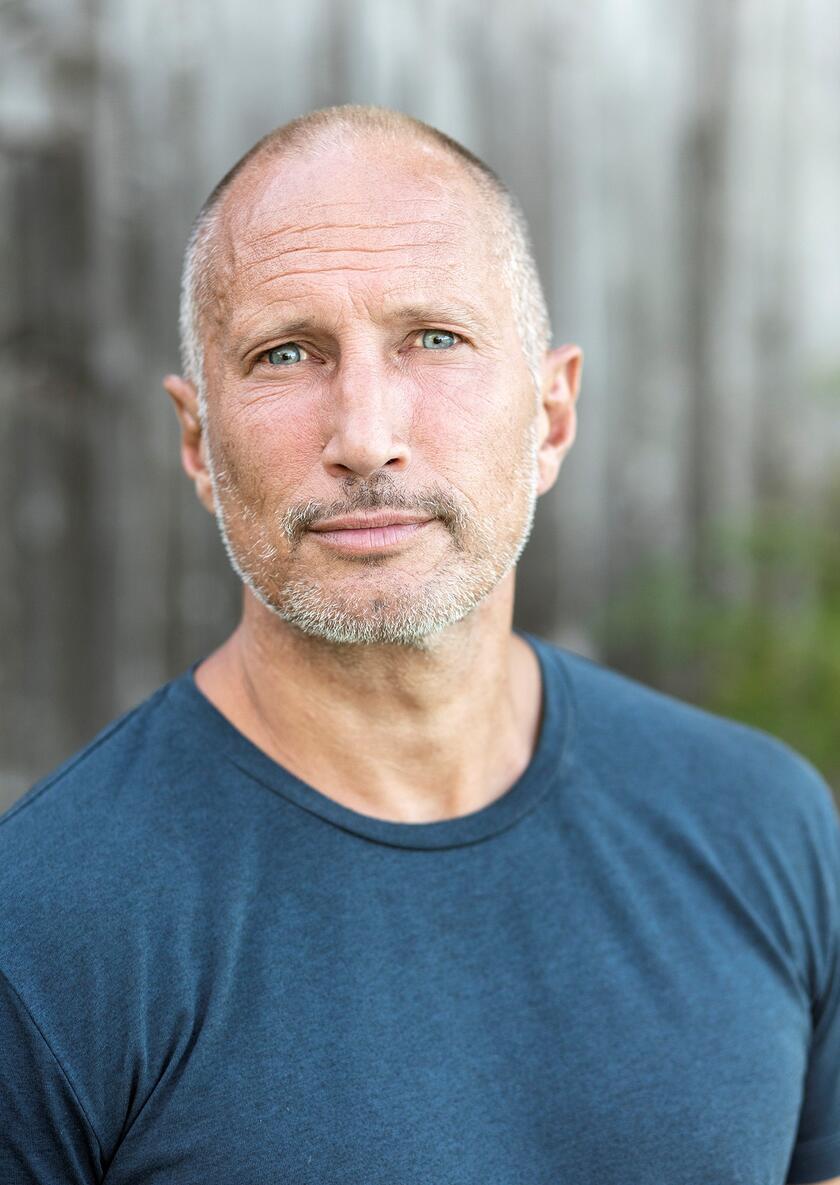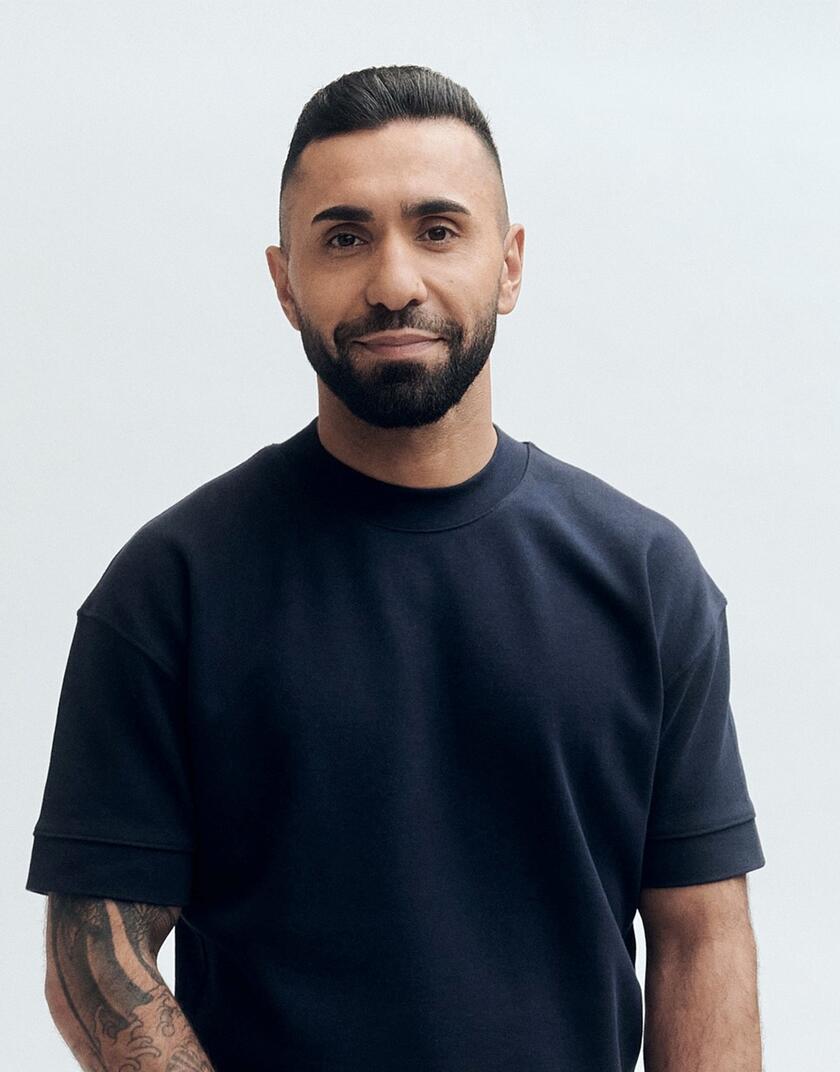Forgotten crises #IntoFocus

Around 30 German relief organizations have joined forces to put forgotten crises in the spotlight. The aim is to raise awareness of the suffering of the people and to inform the public about the humanitarian engagement of German relief organizations in the three campaign countries, Lebanon, South Sudan and Bangladesh. The campaign week will take place nationwide from 6 May.

There are regions all over the world where people suffer from hunger, displacement or insufficient medical care. However, this receives little media attention. These crises are called “forgotten crises”. The lack of media attention leads to only little money being available and donated. With the joint campaign #IntoFocus, 30 aid organizations together with the German Federal Foreign Office want to draw attention to these forgotten crises. The crises in Bangladesh, Lebanon, and South Sudan are being highlighted as examples.
“People suffer, even if we don't see them suffer. That is why this campaign is so important: to make suffering visible, but also to help alleviate it,” says Luise Amtsberg, Federal Government Commissioner for Human Rights Policy and Humanitarian Aid and patron of #IntoFocus.
Read an interview with Luise Amtsberg on the subject here.
Lebanon: “The country is collapsing before our eyes”.
Thus, she travelled to Lebanon in March and to South Sudan in April to see for herself the current situation of the people and the needs for humanitarian aid. “Lebanon is collapsing before our eyes,” she said afterwards. The reasons are complex: social and political tensions, the effects of the war in Syria and the care of Syrian refugees, the 95 percent drop in the value of the currency and a resulting high level of poverty among the population. “Around 75 percent of the people no longer have enough food for themselves and their families,” reports the patron. “Every day, electricity fails for hours across the country, which also affects medical care and access to water. Government schools have been closed since the beginning of the year.”
And even if the context in South Sudan is completely different, multiple crises are also coming together here, leading to immeasurable human suffering that is hardly noticed in Germany. “Changing this is the mission of our campaign,” says Amtsberg.

Study on media coverage
A study commissioned for the campaign by pressrelations also clearly shows that worldwide humanitarian crises are only occasionally in the media spotlight. In general, however, there is neither longer-term interest nor in-depth editorial coverage of crisis issues. In 2022, for example, there were about 1.5 million crisis-related reports on Ukraine in the media forms that were examined, and only about 10,000 on Lebanon, South Sudan and Bangladesh together.
The study “Spotlighting Humanitarian Crises: Media Coverage of Lebanon, Bangladesh and South Sudan” will be presented at a conference on 18 April 2023 at 4 pm at the Federal Foreign Office. Together with journalists and representatives of civil society and politics, the panel at the event will discuss how forgotten crises can be made visible again and thus promote understanding and solidarity.
Prominent support

The consortium of 30 aid organizations has also planned various events for the action week. They will receive celebrity support from actor Benno Fürmann and rapper MoTrip, who was born in Lebanon. Together with representatives of various aid organizations, the two will travel to Lebanon at the end of April to get an idea of the situation on the ground and the aid provided by the organizations.
“Lebanon is representative of so many forgotten crises in so many countries. People are suffering without us noticing it here. I want to help to ensure that these people are not forgotten and that the world is watching,” says Benno Fürmann.

The trip to the Middle East is also a matter of the heart for MoTrip: “I was born in Lebanon and grew up in Germany. My parents fled the war with my siblings and me in 1989. Growing up in peace was a great privilege. A privilege that many people in my country of birth unfortunately did not have. That is why it is important to me to draw attention to the situation and living conditions there. I would like to contribute to bringing forgotten crises back to memory.”